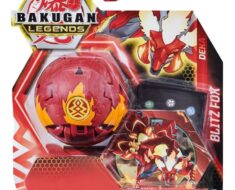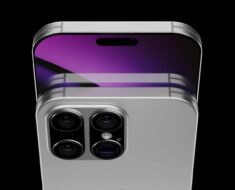Prime Energy Drink is a beverage that claims to provide instant energy along with mental and physical stimulation. It is one of the most popular dietary supplements in America, especially among adolescents and young adults. But what is behind this phenomenon and what are the risks of consuming it?
Prime Energy Drink was launched in 2022 by two social media influencers, Logan Paul and Olajide William Olatunji, who goes by KSI. The duo are known for their online feuds and boxing matches, which have attracted millions of fans and viewers. They decided to create their own energy drink brand after being dissatisfied with the existing products on the market. They partnered with Celsius Holdings, a company that produces functional beverages, to develop and distribute Prime Energy Drink.

According to their website, Prime Energy Drink contains 10% coconut water, zero added sugar, BCAAs, electrolytes, antioxidants, and 200 mg of caffeine per 16-ounce can. It comes in seven flavors, such as Blue Raspberry, Ice Pop, and Tropical Punch. The product is marketed as a healthier alternative to other sports and energy drinks, and as a way to enhance performance, immunity, and mood.
The brand has been wildly successful, especially among kids. It has generated over $100 million in sales in its first year, and has become the second-largest energy drink brand in the U.S., behind Red Bull. Prime Energy Drink has also expanded its presence to other countries, such as Canada, Mexico, and the UK. The company has invested heavily in advertising and promotion, using celebrities, music events, video games, and social media platforms, such as TikTok, to reach its target audience.
However, not everyone is impressed by Prime Energy Drink. Many health experts and authorities have raised concerns about the safety and regulation of the product. They warn that the high levels of caffeine and other stimulants in the drink can cause serious health problems, such as heart rhythm disturbances, high blood pressure, anxiety, insomnia, dehydration, and dental issues. They also caution that energy drinks are not suitable for children and adolescents, whose cardiovascular and nervous systems are still developing. Moreover, they point out that mixing energy drinks with alcohol, which many young people do, can increase the risk of binge drinking and alcohol poisoning.
In addition, some consumers have reported adverse reactions and side effects after consuming Prime Energy Drink. Some of these include nausea, vomiting, chest pain, palpitations, dizziness, and seizures. In some cases, these have resulted in hospitalization and even death. The company has faced several lawsuits and investigations from consumers, regulators, and competitors, alleging false advertising, deceptive marketing, and unfair competition.
Prime Energy Drink is a controversial product that has sparked a lot of debate and controversy. While some people swear by its benefits and effects, others warn of its dangers and drawbacks. The question remains: is Prime Energy Drink the hottest trend or the biggest threat?






